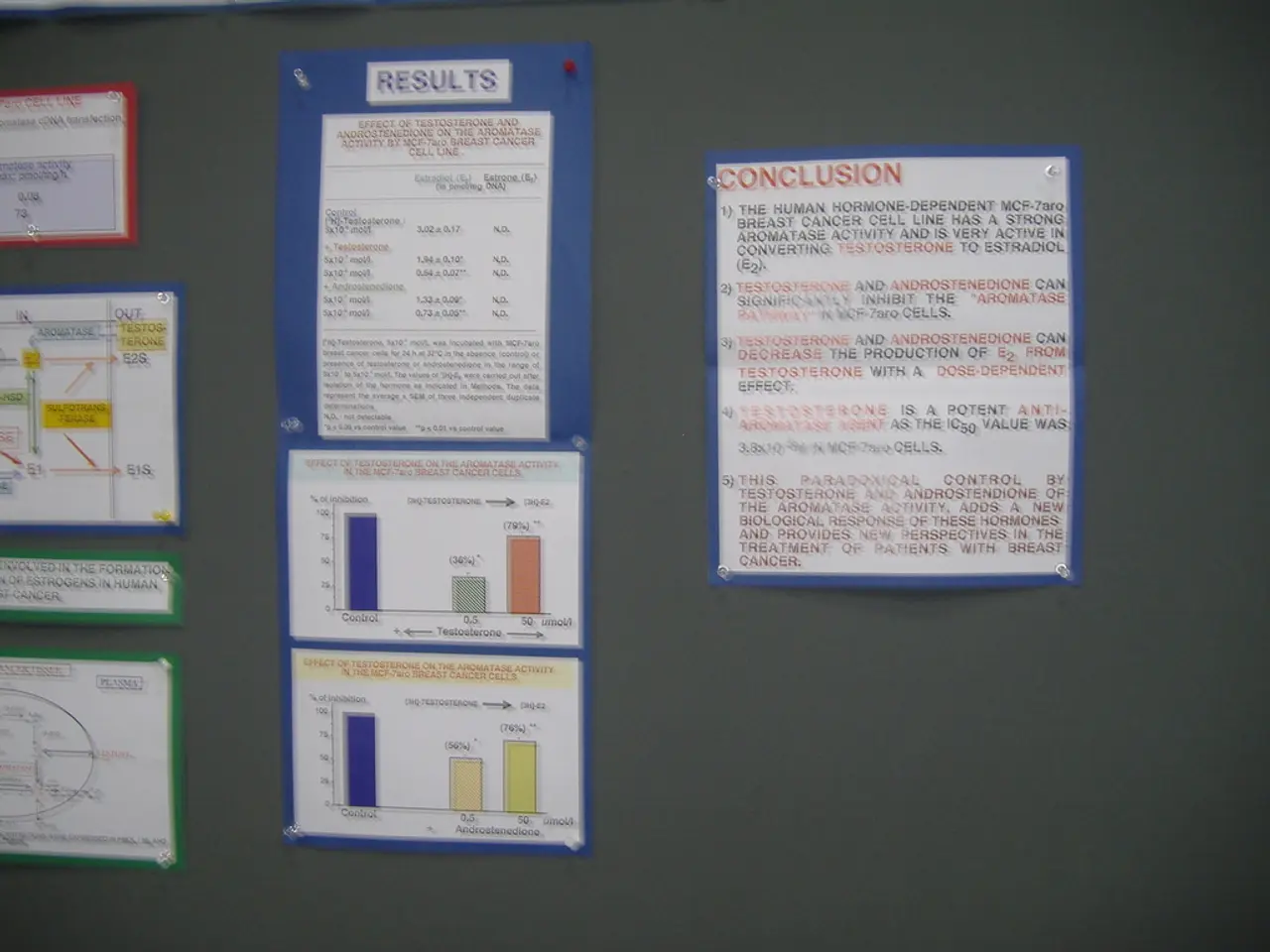Sewing up agreements with SEBI reaches peak levels in FY25, money involved soars exponentially eightfold
In Financial Year 2025 (FY25), the Securities and Exchange Board of India (SEBI) witnessed a significant increase in settlement requests, with 703 applications compared to 434 in the previous year. This trend indicates a growing preference for resolving securities violations through settlements rather than prolonged litigation.
The rise in settlement pleas demonstrates more entities opting for the settlement mechanism, which facilitates resolution by paying a settlement fee and adhering to regulatory norms, thus reducing litigation burdens on SEBI and courts. Enforcement could become more streamlined as SEBI disposes of cases more expeditiously, enabling focus on severe or non-settling violations.
The settlement mechanism may deter securities violations by promoting compliance and ensuring penalties without long legal delays. Complementary regulatory reforms, such as raising the minimum block deal size and widening price bands for trades, further enhance market integrity and reduce manipulation risks, indirectly supporting the improved enforcement landscape driven by increased settlements.
SEBI collected Rs. 798.87 crores from settled cases in FY25, with an additional Rs. 65 crore coming in as disgorgement. Notably, the drastic rise in settlement amounts is attributed to a few significant cases, such as the TAP matter.
Of the 703 applications, SEBI settled 284 cases and rejected, returned, or saw the withdrawal of 272. Fewer adjudicatory proceedings and subsequent declines in appeals before the Hon'ble Securities Appellate Tribunal (SAT) have resulted from the shift towards settlements.
Insider trading cases have fallen to 15, a stark contrast from the 55 cases in the previous year. Cases related to fraudulent and unfair trade practices have also dropped significantly, from 796 to 239. Non-compliance cases have dropped to just 2, a marked improvement from 25 in the previous year.
The National Stock Exchange (NSE) offered approximately Rs. 1,400 crore to settle legacy issues related to co-location and dark fibre matters. The NSE has already paid Rs. 40.35 crore this June for violations found during an inspection for February 2021-March 2022.
Diviay Chadha, Partner at Singhania & Co, noted a clear shift in SEBI's enforcement strategy, aiming to resolve matters quickly and reduce drawn-out litigation. SEBI's enforcement record shows penalties on institutions rising over eleven-fold to Rs. 813.8 crore.
Total fees collected by SEBI have jumped 26% to Rs. 2,334 crore. Most settlement applications are filed without an admission of violation, making settlement the preferred option. The settlements covered alleged breaches across takeover norms, insider trading rules, fraudulent trade practices, disclosure requirements, and mutual fund regulations.
However, concerns have been raised about whether some violations may be being let off too lightly and whether deterrence is consistent for all parties. As the trend towards settlements continues, it will be interesting to see how SEBI balances the need for quick resolution with maintaining the necessary deterrent effect.
Published on August 13, 2025.
- The surge in settlement pleas in FY25 indicates more entities opting for SEBI's settlement mechanism to resolve securities violations, thereby reducing litigation burdens.
- Enforcement of regulation norms may become more streamlined as SEBI focuses on severe or non-settling violations due to the rise in settlement cases.
- SEBI collected a significant amount, Rs. 798.87 crores, from settled cases, with an additional Rs. 65 crore as disgorgement in FY25.
- Insider trading cases have seen a drastic decline, from 55 in the previous year to only 15 in FY25, due to the increasing trend towards settlements.
- The National Stock Exchange (NSE) offered approximately Rs. 1,400 crore to settle legacy issues related to co-location and dark fibre matters.
- Diviay Chadha, Partner at Singhania & Co, noted a shift in SEBI's enforcement strategy towards quick resolution and reducing litigation, but expressed concerns about consistency in the deterrent effect of these settlements.





